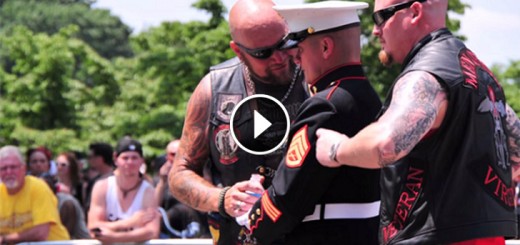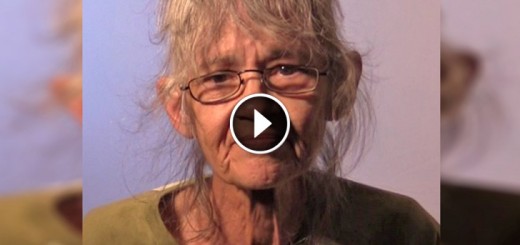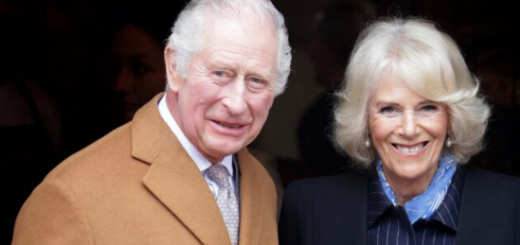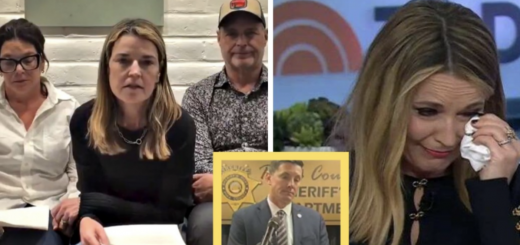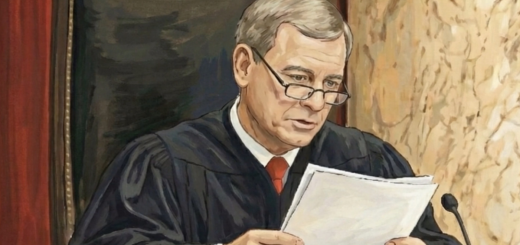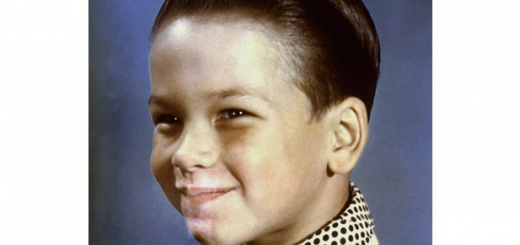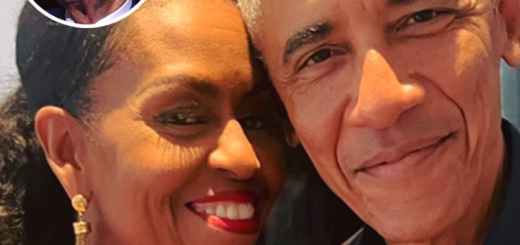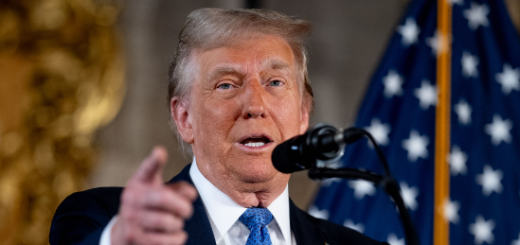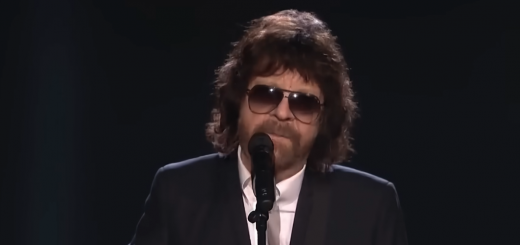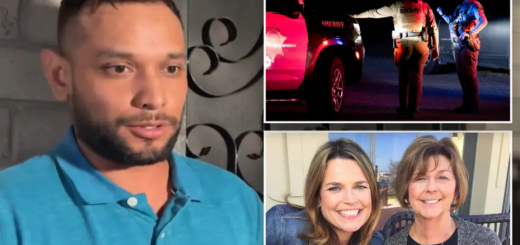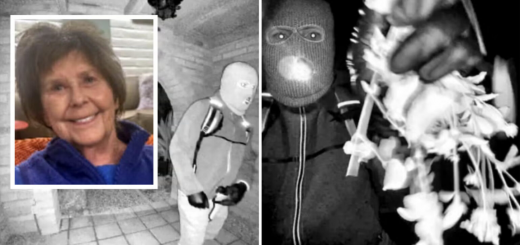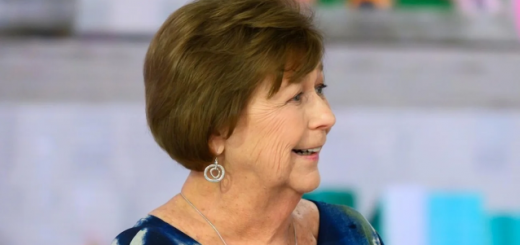The Tragic Tale of John Allen Chau: A Missionary’s Fatal Journey to North Sentinel Island
John Allen Chau’s life came to a heartbreaking end when his fervent desire to connect with the isolated Sentinelese tribe led him to one of the world’s most forbidden and dangerous locations. His story serves as both a cautionary tale and a reflection of unwavering faith and determination, sparking debates about the ethics of missionary work and the preservation of indigenous cultures.
A Life Shaped by Faith and Adventure
Born and raised in Vancouver, Washington, John Allen Chau grew up in a household that emphasized outdoor exploration and religious devotion. His upbringing, influenced by his Chinese father and American mother, fostered a deep connection to both nature and Christianity.
As a child, Chau excelled in academics and extracurricular activities. He attended a small Christian high school, where he demonstrated his leadership and passion for his faith. One notable achievement was earning a prestigious honor from the Royal Rangers, a Pentecostal scouting organization. This accolade highlighted his adventurous spirit and dedication to his beliefs.
During a high school mission trip to Mexico, Chau spoke to his peers about the importance of defending and sharing Christianity in a world he saw as increasingly hostile to faith. “We can’t be lukewarm,” he urged, calling for a commitment to boldly live out their beliefs.
This conviction only grew stronger as he entered adulthood, drawing inspiration from missionaries like David Livingstone and Bruce Olson. These figures, who had risked everything to work with remote and isolated tribes, became his heroes.
A Calling to the Unreachable
Chau’s interest in the Sentinelese tribe, one of the most secluded and uncontacted groups on the planet, was sparked during high school. He discovered information about them through the Joshua Project, a database that highlights unreached people groups. The Sentinelese live on North Sentinel Island, part of India’s Andaman Islands, and have maintained a strict isolation from the outside world for centuries.
The Joshua Project described the tribe as “extremely isolated” and urged prayers for opportunities to bring Christianity to them. For Chau, this entry ignited a deep sense of purpose: he believed he was meant to bring his faith to the Sentinelese people, no matter the cost.
The Plan to Reach North Sentinel Island
Chau spent years preparing for his mission. He immersed himself in missionary training, studied survival skills, and built a network of support for his journey. Friends described him as unwavering in his belief that he had been called by God to reach the Sentinelese.
In 2018, after careful planning, Chau set his sights on North Sentinel Island. He knew the risks—Indian law strictly forbids outsiders from visiting the island to protect both the Sentinelese and potential visitors. The tribe has a history of violent resistance to any contact, and their isolation leaves them vulnerable to diseases that outsiders might unknowingly bring.
Despite these dangers, Chau believed his mission was divinely ordained. He paid a group of local fishermen to take him close to the island, evading authorities who strictly monitor access to the region.
A Fatal Encounter
When Chau arrived at North Sentinel Island, the Sentinelese tribe reacted as they have for centuries—with hostility to outsiders. Armed with bows and arrows, they warned him to stay away. Chau wrote in his journal about his initial encounter, expressing both fear and hope. He reportedly attempted to communicate by singing worship songs and offering gifts, but his presence was unwelcome.
Undeterred, Chau returned to the island multiple times. Tragically, during one of these attempts, the Sentinelese killed him, using arrows to attack him as he approached. According to reports, they later dragged his body away, tying a rope around his neck.
Indian authorities, alerted by the fishermen who had transported Chau, launched an investigation. Seven fishermen were arrested for assisting in his illegal expedition. However, efforts to recover Chau’s body were abandoned to avoid further conflict with the Sentinelese, whose way of life remains protected under Indian law.
Controversy and Reflection
Chau’s death sparked widespread debate. For some, he was a martyr—an individual who sacrificed his life to fulfill his spiritual calling. His faith-driven determination to spread Christianity to an uncontacted tribe resonated with those who admired his courage.
However, others criticized his actions as reckless and harmful. Advocacy groups like Survival International emphasized the importance of respecting the autonomy and rights of isolated tribes. The Sentinelese, they argued, have made it clear that they do not want contact with the outside world. Furthermore, the introduction of foreign diseases poses a catastrophic risk to such communities, which lack immunity to even common illnesses.
Critics also pointed out the ethical dilemma of imposing religious beliefs on a tribe that has no interest in outside influence. Chau’s mission, while rooted in faith, highlighted the potential harm that can arise when cultural preservation and religious zeal collide.
A Legacy of Questions
John Allen Chau’s story is a complex one. It raises questions about the boundaries of faith, the ethics of missionary work, and the responsibility to protect indigenous cultures. Was Chau a hero guided by divine purpose, or was he a misguided adventurer whose actions endangered the very people he sought to save?
What is certain is that his death serves as a somber reminder of the risks involved in crossing cultural and legal boundaries. North Sentinel Island remains a place where the modern world has no place—a stark contrast to the interconnectedness of the 21st century.
Chau’s journey, though tragic, continues to spark conversations about faith, cultural sensitivity, and the importance of respecting the wishes of isolated communities.
Featured image credit: John Chau / Facebook

